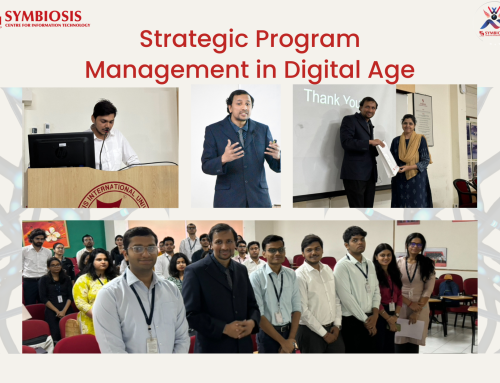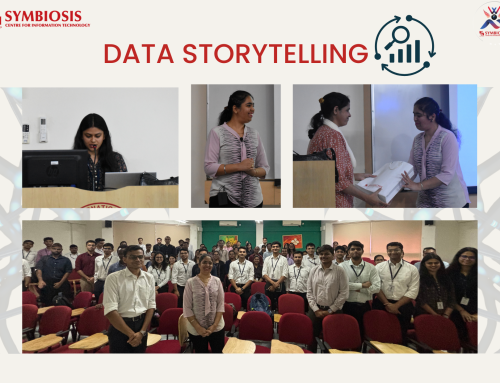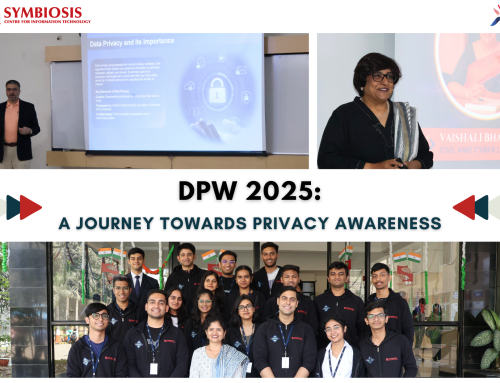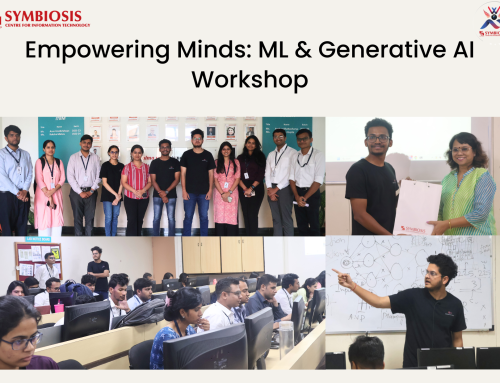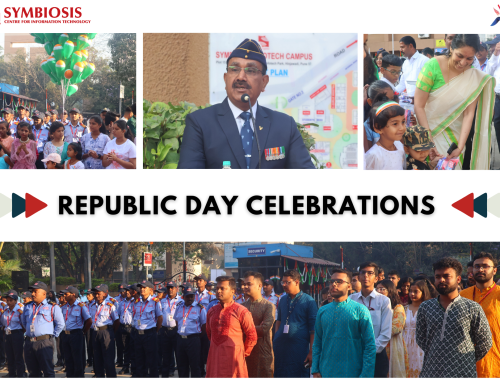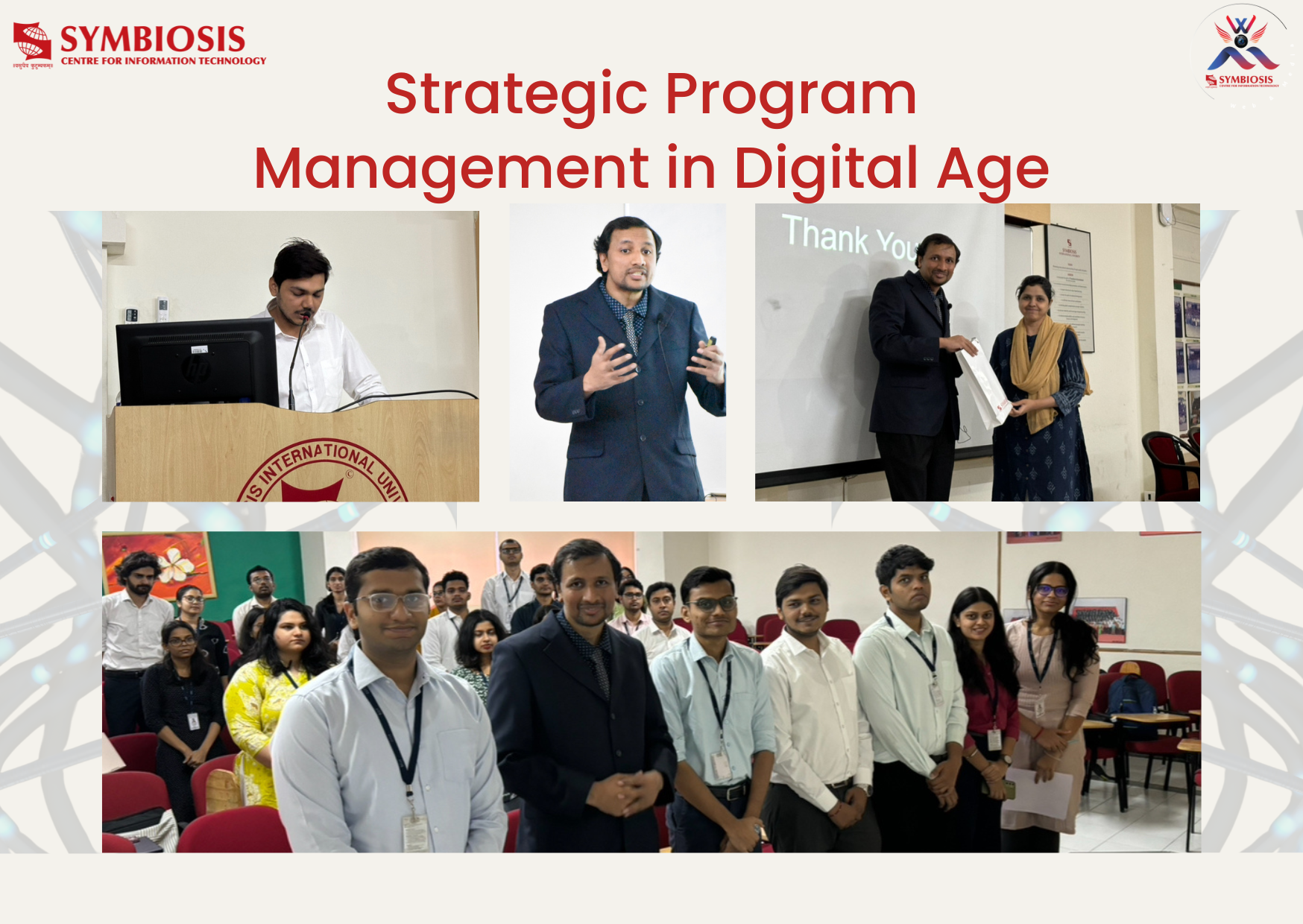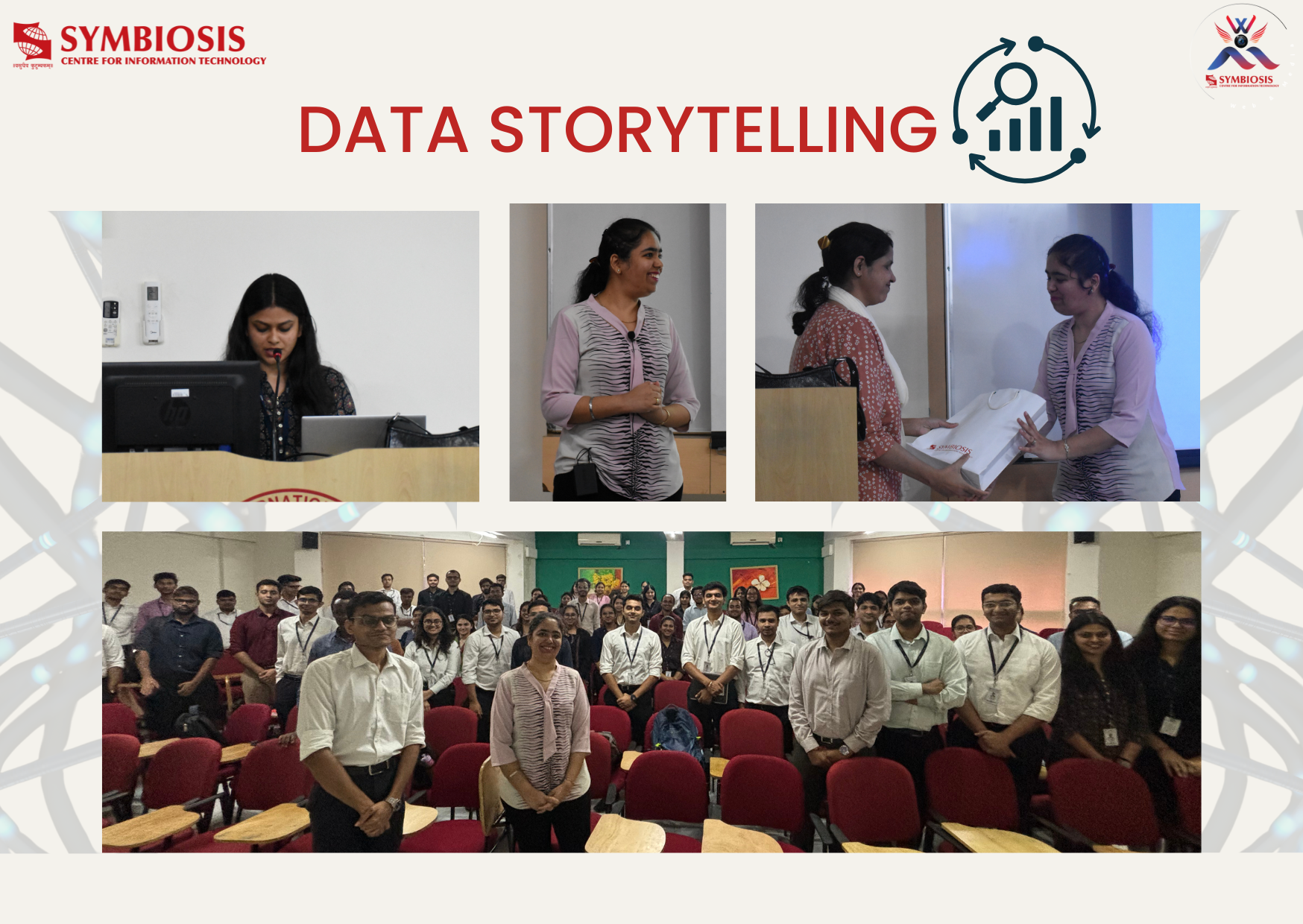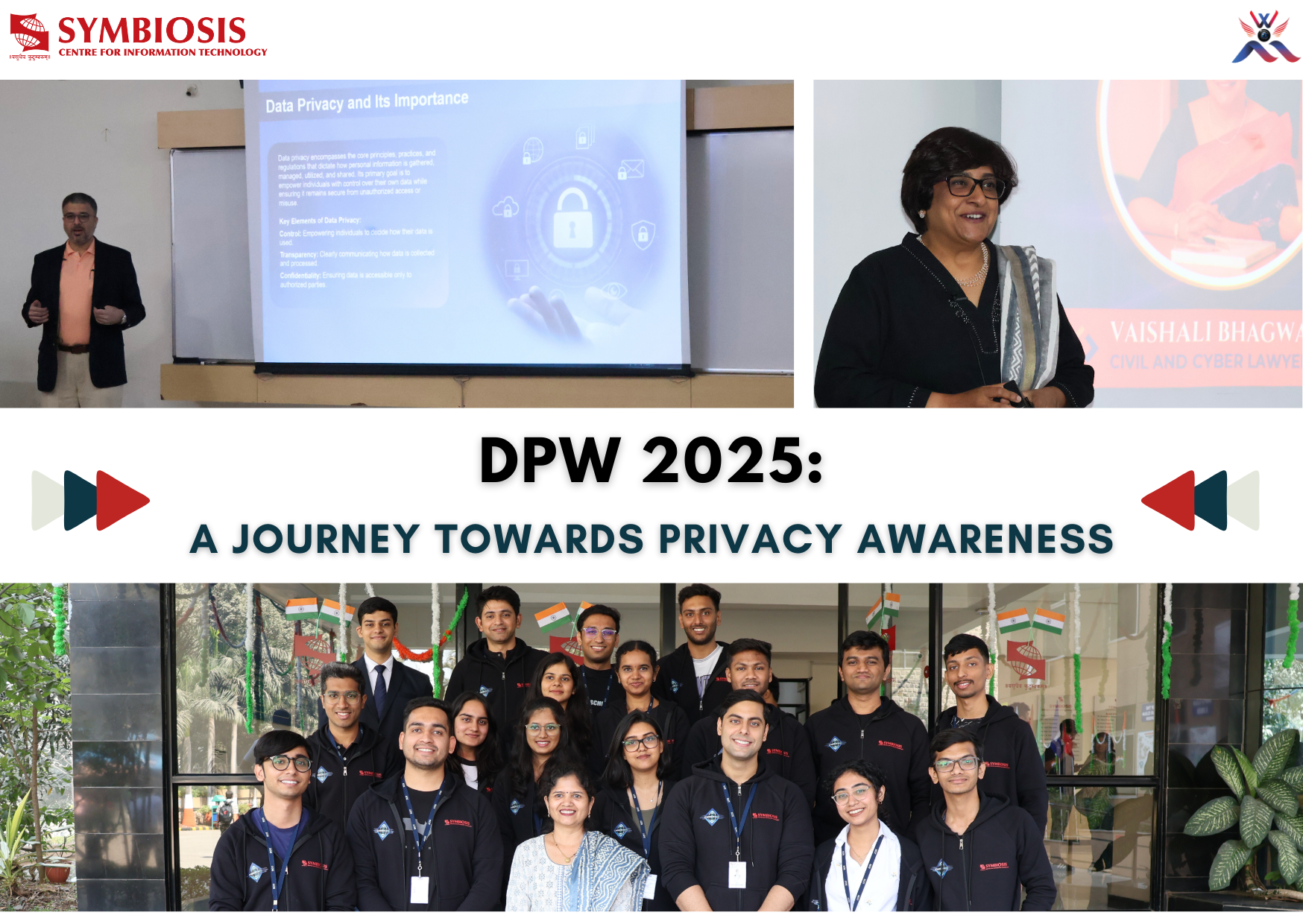Gender Discrimination – Starts right from the womb.

India has witnessed rapid economic and technological growth since the last century. But it is difficult to equate this positive growth with barbaric and heinous crimes against women, which we hear of or read in the newspapers almost everyday. It is shocking to imagine why the mindset of people has not changed even though their literacy levels and income levels have increased. If we analyse this situation, we just cannot ignore its relation to the gender discrimination, so prevalent in almost all sections of the society. The sex ratio of India in 2011 was a staggering 940 females per 1000 males. The states with the lowest sex ratio were Haryana(877/1000), Punjab(893/1000), Bihar(916/1000), Maharashtra(946/1000).
From these ratios, one thing is clear that the boy child is still preferred over the girl child. This is so because of an atrocious thought that a boy can support his family better than a girl and that the boy will carry forward the lineage of his father and also that religious practices for their parents’ afterlife can only be done by a boy. To achieve this, people often resort to abortion of the girl child when she is in the womb. This, female foeticide is rampant in India even after selective abortion being banned under the Preconception and Prenatal Diagnostic Techniques (PCPNDT) Act, passed in 1994 and its amendment in 2003 holding medical professionals personally liable for conducting such abortions.
Sometimes, the girl child is even eliminated after her birth and this practice has been followed in India for centuries now and is termed as female infanticide. Thus, to conclude, the recent incidents of rape cases in the country should not be seen as isolated incidents as these are just the manifestation of the discrimination that starts in the womb. If this thought itself is not eliminated, then any measures or legislation made in these regards are futile. What we need is to imbibe into our young and future generation that women are equal and should be treated with respect. Unless this is done, any initiatives to overcome this situation will only be palliative.
Omkar SCIT MBA(ITBM) 2013-1025

